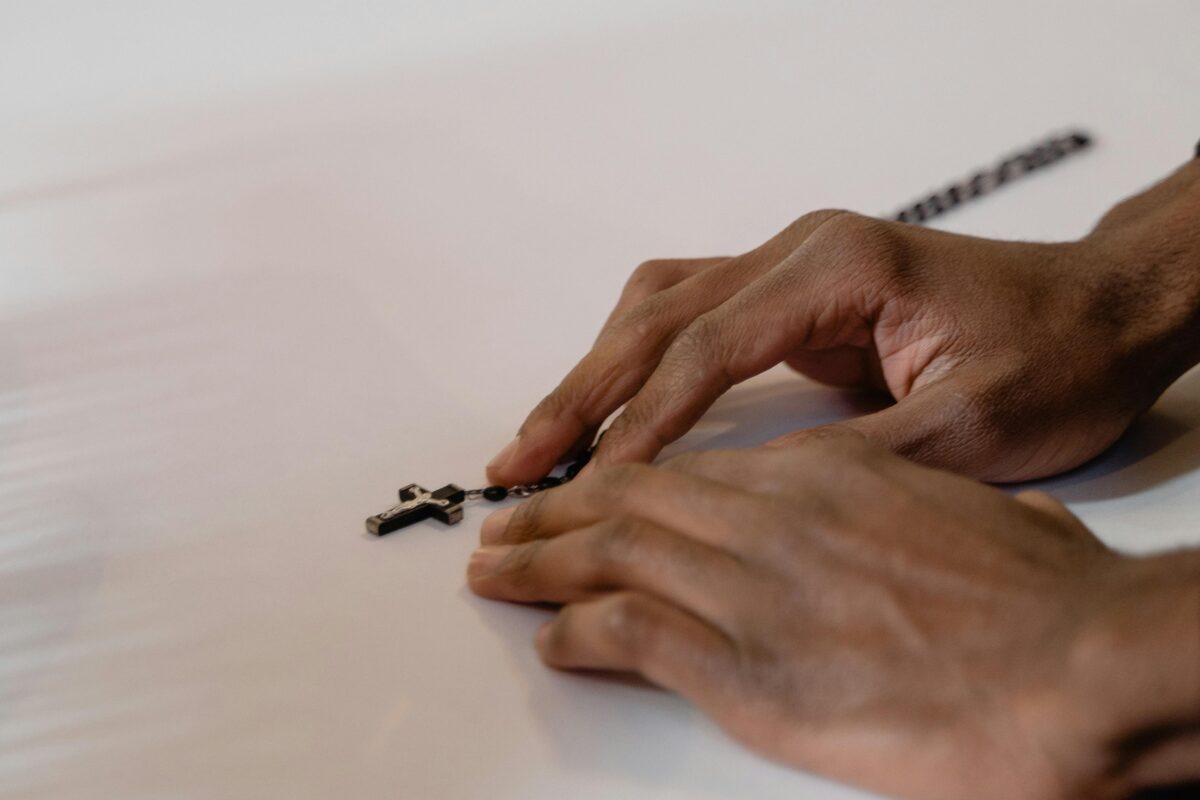Patent Infringement in India: Legal Guide for Innovators
Introduction
Patent rights in India are territorial and exclusive, meaning the patent holder has the legal right to exclude others from making, using, selling, or importing the patented invention within Indian borders without consent. But what happens when these rights are violated? This is where patent infringement laws come into play.
This comprehensive guide by RegistrationMART, with over 10 years of experience in intellectual property rights, explores the concept of patent infringement in India, its types, legal framework, litigation process, available remedies, and strategies for prevention. Whether you’re an inventor, startup, or business owner, understanding infringement is critical for protecting your innovation.
Legal Framework
Patent infringement in India is governed by:
- The Patents Act, 1970 (especially Chapter XVIII)
- The Patents Rules, 2003
- Judicial precedents from High Courts and the Supreme Court
Section 48 of the Patents Act grants exclusive rights to the patentee, while Sections 104 to 114 deal with enforcement, infringement suits, and reliefs.
What Constitutes Patent Infringement?
Infringement occurs when a person performs any of the following acts without authorization:
- Makes or manufactures a patented product
- Uses a patented process
- Sells, offers to sell, or distributes the patented product
- Imports the product into India
Note: Infringement is a strict liability offense. Even unintentional use may result in legal consequences.
Types of Patent Infringement
- Direct Infringement: Unauthorized use, sale, or manufacture of a patented invention.
- Indirect Infringement: Encouraging or aiding others to infringe (contributory or induced).
- Literal Infringement: When the infringing product/process matches every element of at least one patent claim.
- Doctrine of Equivalents: Infringement may still occur if the product/process performs substantially the same function in the same way.
- Willful Infringement: Knowing violation of patent rights — may result in enhanced damages.
Who Can File a Patent Infringement Suit?
- The patentee (owner)
- The exclusive licensee
- The assignee of patent rights
If the patent is jointly held, all co-patentees must be made party to the suit.
Jurisdiction of Infringement Suits
As per Section 104, suits must be filed in a District Court having jurisdiction. However, if damages claimed exceed ₹1 crore, the suit can be filed in a High Court with original jurisdiction (e.g., Delhi, Mumbai, Madras, Calcutta, Gujarat).
Legal Remedies Available
When a patent is infringed, the court may grant:
- Injunctions: Temporary or permanent orders to stop infringement
- Damages: Monetary compensation for losses incurred
- Account of Profits: Recovery of profits earned from infringement
- Seizure or Destruction: Removal of infringing goods and manufacturing equipment
- Legal Costs: Award of litigation costs and attorney’s fees
Defenses Available to Infringers
- Patent is invalid or lacks novelty
- Invention is not patentable
- No infringement of any patent claim
- Patent is not “worked” in India (grounds for compulsory licensing)
- Exhaustion Doctrine: Once sold legally, the product can be used/resold freely
Infringement Procedure in India
- Cease & Desist Notice: Often the first step before litigation
- Filing of Infringement Suit: In the appropriate court
- Injunction Hearing: For immediate restraining relief
- Evidence Submission: Includes product samples, expert testimony
- Trial and Judgment
- Appeals: If necessary, to High Courts or Supreme Court
Recent Case Laws
- F. Hoffmann-La Roche Ltd. v. Cipla Ltd. (2009): Delhi HC addressed access to medicines vs. patent rights
- Merck v. Glenmark (2015): First Indian case where patent damages were awarded
- Philips v. Bhagirathi Electronics (2019): Court upheld royalty even for unintentional infringement
Preventing Patent Infringement
- Conduct Freedom-to-Operate (FTO) Searches
- Regularly monitor competitor products and filings
- File divisional or incremental patents
- Implement a robust IP policy within the organization
- Train R&D and business teams on IP risks
RegistrationMART’s Role in Patent Protection
- Patent Watch & Monitoring Services
- Infringement Report Drafting
- Cease & Desist and Pre-litigation Advisory
- Litigation Support via Partner Law Firms
FAQs
Q1. Can an expired patent be infringed?
No. Patents in India expire after 20 years from the date of filing. After that, the invention enters the public domain.
Q2. Can I import a patented product from another country?
Only if it was sold legally in that country and the patent rights are considered exhausted in India.
Q3. What is the penalty for patent infringement?
Civil penalties such as injunctions, monetary damages, and profit recovery. There is no criminal liability for patent infringement under Indian law.
Conclusion
Patent infringement is a serious concern that can diminish the value and exclusivity of your invention. Timely enforcement and proactive monitoring are essential for protecting your intellectual property rights.
As a pioneer in patent protection, RegistrationMART offers end-to-end support — from filing and monitoring to enforcement and litigation assistance.

